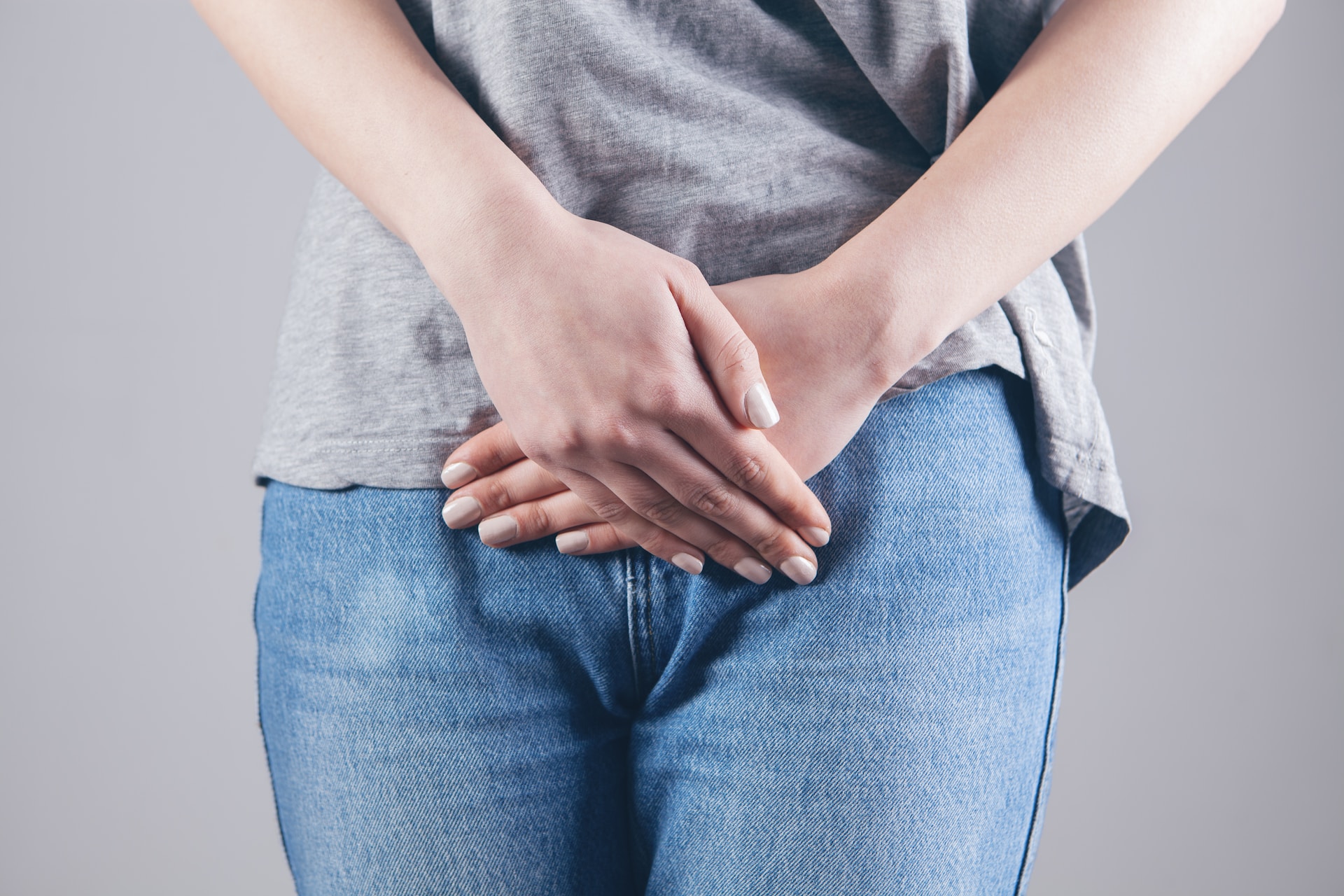Irritable bowel syndrome (IBS) is a common condition that affects the digestive system. IBS causes symptoms like stomach cramps, bloating, diarrhoea and constipation. Typically, it is treated with a mix of medication and lifestyle changes, but what if there was another option that further helped to relieve the symptoms of IBS? In this article, we explore the use of Acupuncture for IBS and determine how effective this treatment is.
So, can Acupuncture help with IBS? Experts are divided on the effectiveness of Acupuncture for IBS, however, a number of small-scale studies report that Acupuncture may help to relieve the symptoms of IBS, such as pain, bloating and diarrhoea. This is backed up by anecdotal evidence from clinical trial participants that stated they felt better after treatment.
Read on to learn more about Acupuncture for IBS with Breeze Academy.
Does Acupuncture Work for IBS?
There are mixed opinions from experts about the effectiveness of Acupuncture for IBS, however, a number of small-scale clinical trials show promising results. These studies suggest that Acupuncture may assist in relieving bloating, chronic pain, and other IBS symptoms.
An expert reviewing various IBS treatments stated that the data around Acupuncture for IBS isn’t yet very strong, but that doesn’t mean that the treatment doesn’t improve the lives of those with IBS. In fact, many people that have used Acupuncture for IBS went on to say that they felt better afterwards.
That being said, many experts claim that this is a treatment that shouldn’t be used alone - it is most effective when used in conjunction with other interventions, such as Western medication, herbal remedies, probiotics and diet change.
It is apparent that there isn’t much research around Acupuncture and IBS, which may be why experts and the available evidence is still divisive. However, there is clearly some value in the treatment, with many patients stating that they felt better after treatment.
Can Acupuncture Cure IBS?
Research into Acupuncture and IBS is still in its infancy, however, it’s clear that experts don’t consider this treatment to be a cure for IBS. There is, however, potential for it to be a relief treatment, helping to minimise the impact of symptoms.
Can Acupuncture Help IBS Symptoms?
A 2017 study compared Acupuncture with more traditional Western treatments for IBS and reported that Acupuncture was more effective than Western medication in treating the symptoms of IBS. It stated that Acupuncture effectively relieved:
- Abdominal pain
- Bloating
- Diarrhoea
- Poor stool output
- Stool abnormalities
A further study in 2020 reported that, likewise, Acupuncture was more effective in treating the symptoms of IBS that the traditionally prescribed medications, polyethylene glycol 4000, or pinaverium bromide.
How Many Acupuncture Treatments are Needed for IBS?
The number of Acupuncture sessions needed for IBS depend on the severity of symptoms and how long the patient has been suffering. However, as a general rule of thumb, a course of 15-18 sessions is recommended, at a rate of 3 sessions per week for 6 weeks.
After this initial course, the Acupuncture practitioner should re-evaluate the patient to determine its effectiveness and any further treatments required.
Where are the Acupuncture Points for Irritable Bowel Syndrome?
The following Acupuncture points have been recommended during a clinical trial for IBS treatment.
- Yintang (GV29) - located at the midpoint between the two eyebrows
- Baihui (GV20) - located on the line connecting the lowest and highest points of the ear; on the median line of the head, 7 nun above the posterior hairline and 5 cun behind the anterior hairline.
- Tianshu (ST25) - located on the middle of the abdomen, 2 cun lateral to the umbilicus
- Taichong (LR3) - located on the dorsum of the foot, between the first and second metatarsals, in front of the sacral junction
- Zusanli (ST36) - located on the anterior aspect of the leg, on the line connecting ST35 with ST41, 3 B-cun inferior to ST35, and on the tibialis anterior muscle
- Shangjuxu (ST37) - located on the lower leg, one handbreadth below the tibial tuberosity and one finger's width lateral to the anterior crest of the tibia
- Sanyinjiao (SP6) - located on the medial aspect of the lower leg, 3 cun above the medial malleolus, on the posterior border of the medial aspect of the tibia
Final Thoughts
According to current research and understanding, Acupuncture cannot cure IBS but it may be able to relieve its symptoms, such as abdominal pain, bloating and diarrhoea. Experts are divided on how effective this treatment is, but anecdotal reports from patients state that the treatment does work and that they felt better afterwards.
If you’re a healthcare professional interested in offering Acupuncture for individuals suffering with IBS, take a look at our Acupuncture courses online today.
Our foundation-level Acupuncture courses are available throughout the UK, giving you all the knowledge you need to safely and effectively practise Acupuncture. There are also a number of more advanced CPD Acupuncture courses available to take your skills to the next level.
